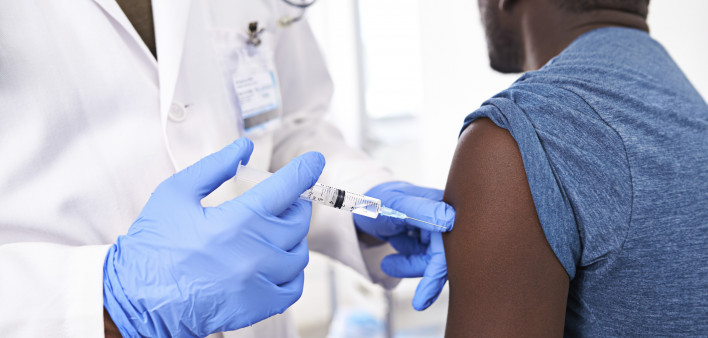People who participate in HIV vaccine clinical trials often report at least one social benefit related to their efforts, with altruism dominating in wealthier nations and the receipt of medical services more commonly reported as a benefit in poorer countries.
Researchers analyzed survey data on 8,347 people who participated in 48 trials in the HIV Vaccine Trials Network (HVTN) between 2000 and 2017. Among them, 6,572 reported at least one beneficial social impact from their participation in a vaccine trial. The vaccine trials were conducted in various sub-Saharan African nations, the Caribbean, South America, Switzerland, Thailand and the United States.
The findings of the survey study were published in the Journal of Acquired Immune Deficiency Syndromes.
Overall, the top reported beneficial social impacts that motivated participants to join their HIV vaccine trial were altruistic sensations (43% reported this), health care–related benefits such as receiving HIV risk reduction counseling (30%) and access to medical care and medical information (29%).
A total of 686 participants (8%) reported experiencing 819 negative social impacts related to their trial participation, most notably negative reactions from others, which 79% of this group reported. Seventy-three percent of those who experienced a negative social impact reported that it was minimal, which 20% said it was moderate and 7% said it was major.
“Our analysis aims to broaden understanding of social impacts associated with preventive HIV vaccine trials to improve participant experiences,” said Michele Andrasik, PhD, director of Social Behavioral Sciences and Community Engagement for the HVTN, senior staff scientist in the Vaccine and Infectious Disease Division at Fred Hutchinson Cancer Research Center, and affiliate assistant professor at the University of Washington in Seattle.
To read the study abstract, click here.
To read the study abstract, click here.







Comments
Comments